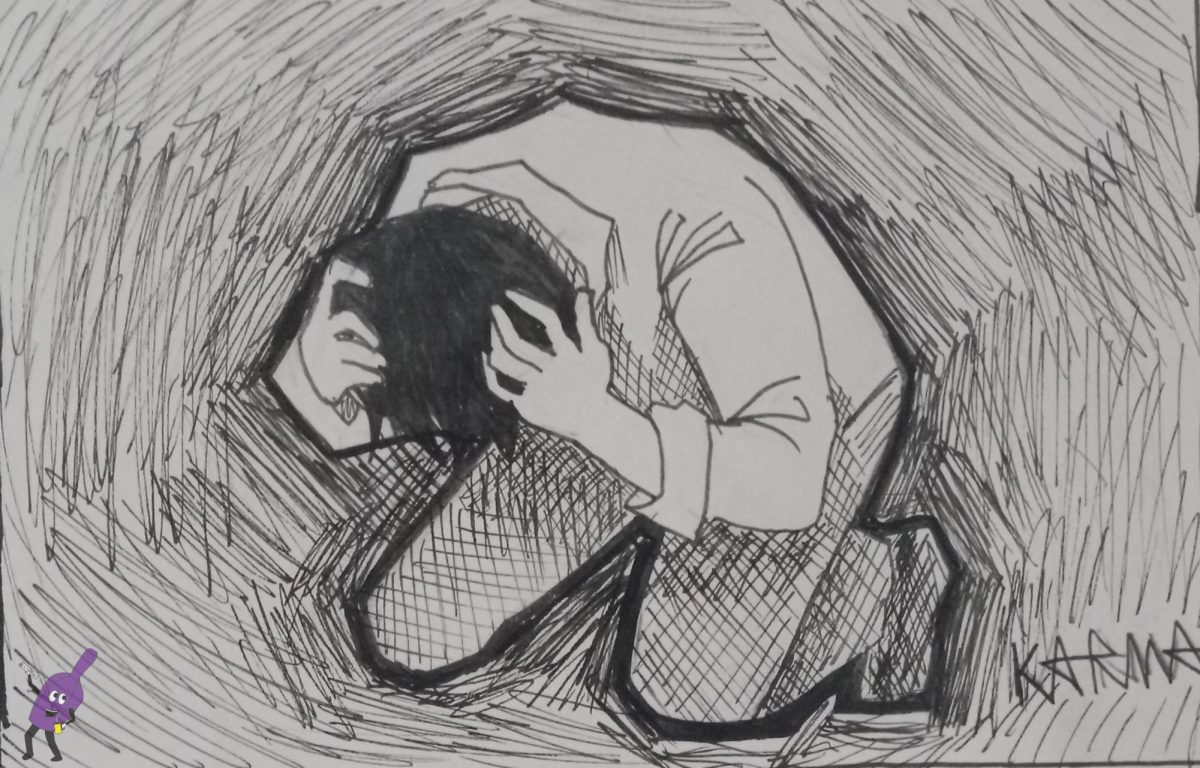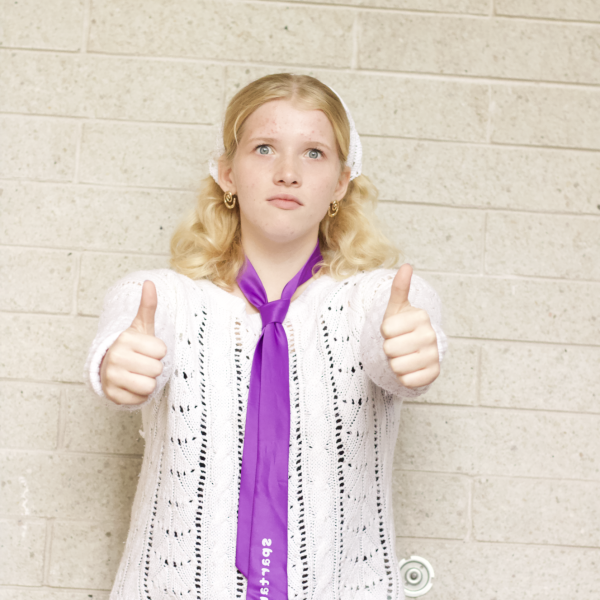Since the school year began, I have interviewed three current Sentinel students with anxiety issues asking them about how they cope day to day. Each student had a unique story to tell, and for the most part had different ways of coping. However, with certain behaviors there was a small amount of overlap. This suggests the idea that maybe the ways we cope could be connected and also poses questions as to why we cope differently.
Each Sentinel student (who will be further referred to as S1, S2, and S3) reported struggling with high amounts of anxiety related stress since they were young. Now the situations causing the stress differed slightly for each student, but, as to be expected, they all mentioned school related stress. That said, it was how they dealt with their anxiety where the most differences were seen.
Healthline notes, “During crises or stressful life events, it’s common for people to react in very different ways. This is true even if they’re experiencing something similar…” For a long time S1 focused on compartmentalizing their school stress until they got good grades. While S2 sometimes found it difficult to attend classes because of grade stress. They have both since worked on these habits.
These differences can be attributed to how resilient each subject is according to Healthline. Time magazine explains that this can be drawn back to the brain or, “the ventral medial prefrontal cortex, a region involved in emotional regulation and detecting one’s own internal state, like hunger, craving and wanting.” Those who had more neuroflexibility and neuroplasticity in that area of the brain had higher rates of resilience.
How one copes with stress and anxiety can also be related to what resources they have access to. People who have more friends or professionals they can talk to have an easier time letting go of what’s stressing them out, says VeryWellMind. Different anxiety management behaviors can also be learned in therapy settings that may help certain individuals.
Each Sentinel student had been to therapy at some point in their life, and usually pulled a few coping strategies from their time there. One of the most common examples was controlled breathing, which is often suggested in any “how to cope with anxiety” article. Forbes claims that this exercise “…helps slow the heartbeat and stabilize blood pressure. Also known as diaphragmatic breathing, abdominal breathing and belly breathing, this technique distracts you from stressors and uses the diaphragm’s full range of motion, allowing your body to relax.”
This type of coping is considered an active thought process. UCLA’s Semel Institute says that coping can sometimes be categorized as active or avoidant. Active coping can retain one’s awareness of stress, and then concentrated efforts to reduce the negative results. While avoidant coping is often considered ignoring the problem.
Each student showed different signs of active and avoidant coping. S1 tended to be avoidant in their past, getting very little sleep, retreating into books, or using bottled up work stress to achieve better grades at the cost of happiness or sleep. S2 was similar in that when they were younger they often packed their anxiety up until they melted down. That said both S1 and 2 have worked on more active coping strategies. They now take more deep breaths and voice their issues to others instead of letting them grow into something huge.
S3 is separate from this. Although they are definitely an avoidant coper, letting their anxiety sit with them and not doing much to stop it, the outcome seems to be active. S3 doesn’t spend too much time trying to fix their anxiety, rather they let it flow through them. This has resulted in better comfort in their daily life.
It is also worth noting that S3 experienced trauma when they were young that radically changed the way they have coped with anxiety since. Healthline says that “People who have a history of repeated trauma may not cope as well — especially if they haven’t fully healed from those traumas.” And while S3 seems to be thriving in their unique coping situation now, this likely has ties to having to grow up quickly after traumatic events.
On another note, Healthline has noted that our family can have an effect on the way we cope. “‘Many of us learn our default roles or responses [from] our families, and we tend to recreate those in our adult lives…” One example given is an older sibling who may be more comfortable being put in a position of authority because they were raised that way. People tend to stick to the roles that feel familiar to them.
All participants of earlier articles were asked if any of their coping mechanisms originated from someone they knew. It seemed there were some connections between family members and coping.
S1 spoke about their brother who helped them process and relax when there was tension in the home by using headphones to drown out noise. This is an overall positive and active strategy. S2 explained that their anxiety was genetic, so even if they couldn’t name a specific action they likely pulled unseen habits from their father.
S3 was yet again on the opposite side of the spectrum, they had developed ways of coping based on home life, but it was from watching what not to do. They took a negative influence in their life, studied how poorly they took care of themselves, and decided to do better.
The way people cope is an incredibly complex topic, we tend to think of it as coddling ourselves when something negative happens. This is not exactly accurate. We cope with everything in our lives constantly. We process and internalize hope, love, anger, fear, etc. and it is impossible to define the way we do so with so many competing points of view. Humans themselves are layered beings, and this is only one small look at how teens in our corner of the globe might cope.





